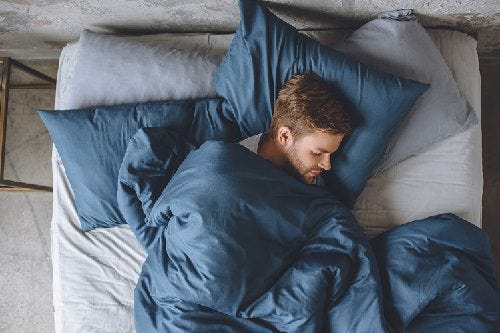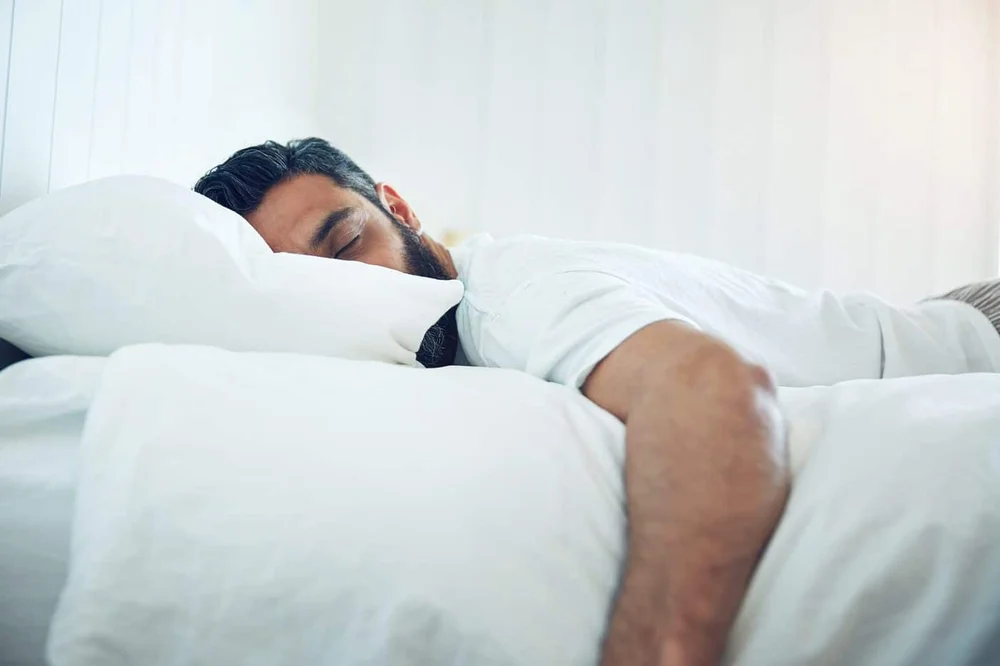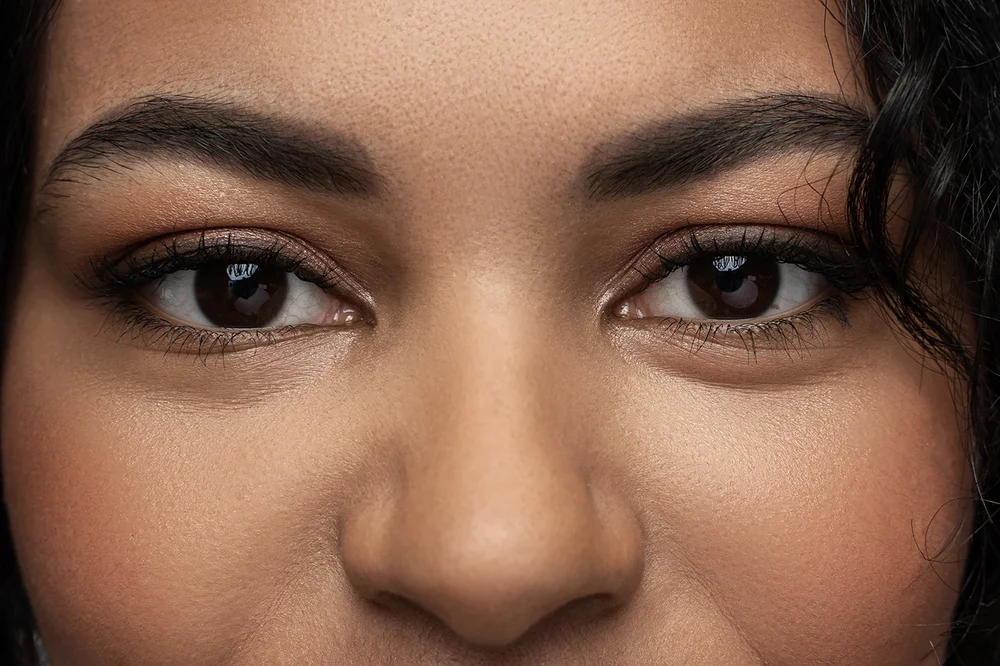What Your Sleep Type Says About You
Medically Reviewed by Dr. Nicole Avena
Sleep Quality quiz:
- Do you have difficulties turning your brain off at night?
- Do you have irregular sleep patterns that leave you tired all the time?
- Do you tend to ruminate over mistakes, grievances, or unfinished projects?
- Do you worry about every detail of your life…and the lives of your family and friends?
- Do you have bad habits that prevent you from getting to bed at a decent hour (like eating unhealthy snacks while binge-watching your favorite TV show)?
If you answered “yes” to any of the above questions, you aren’t alone.
Many Americans have sleep problems, which can interfere with their daily functioning.
What Can You Do?
Knowing your specific “sleep type” can help you understand what your body needs to get restorative sleep.
Recently, BrainMD’s Chief Science Officer, Dr. Nicole Avena, highlighted a few different sleep types on an episode of The Dr. Oz Show. Here are some of the helpful insights she shared on the show…
3 Sleep Types + Tips for Better Sleep

It’s recommended that adults get 7 to 9 hours of sleep each night. Some people are short sleepers, those who get 6 or less hours of sleep each night. Getting less than 6 hours of sleep can have a negative impact on overall health and physical/mental performance.
Despite a common misconception, short sleepers and those who deal with serious, consistent sleep loss aren’t the same. The latter may struggle to fall and stay asleep, and their overall sleep quality may be poor.
By contrast, short sleepers may be able to function adequately, if not optimally. Since many short sleepers can function well enough to get through the day, they may see no reason to improve their sleep pattern.
Light Sleepers
A light sleeper may find it difficult to stay asleep all night. These individuals may wake up to random noises and may have problems getting back to sleep. Due to these sleep disruptions, they may roll out of bed feeling like they haven’t gotten quality sleep.
People with this sleep type tend to remember their dreams. Since a person needs to be awake for their dreams to be encoded, there’s a good chance a light sleeper will remember their dreams more often than other types of sleepers.
Some suggested changes for light sleepers:
- Avoid caffeine and sugar in the afternoon and evening
- Turn off all screens at least 2 hours before bed
- Discipline yourself to get exercise every day, early in the day
- Never hit the snooze button; force yourself to get up when you shut off the alarm
Heavy Sleepers
Ever known someone who’s “out like a light” as soon as their head hits the pillow? Chances are, they’re a heavy sleeper.
Minor disturbances that would wake up light sleepers probably won’t even register with this type. This works well for the heavy sleeper until it’s time to wake up.
Heavy sleepers usually struggle to get up in the morning and may sleep through their alarm clock. These individuals rarely remember their dreams because they don’t wake up, or don’t wake up long enough, for them to be encoded.
Though this type is likely to get quality sleep, they may feel like they need even more sleep. Adjusting the bedtime routine to begin earlier in the evening may be an effective strategy for heavy sleepers.
5 Practical Tips for Any Sleep Type
Regardless of your sleep type, here are some top tips to help improve your sleep:
Don’t Take Naps
Instead of taking a nap to make up for loss of sleep, power through until bedtime to get back on a regular sleep schedule. Taking naps when you feel sleepy during the day can compound the nighttime sleep cycle disruption. Work on maintaining a regular sleep schedule – go to bed at the same time each night and wake up at the same time each day, including on weekends.
No Late Exercising
Instead of going for a late-night run or taking an evening exercise class, make sure to finish exercising at least four hours before you want to go to sleep. Although regular exercise can be beneficial in preventing serious sleep issues, doing vigorous exercise late in the evening may energize you and keep you awake.
Comfortable Room Temperature
Make sure the temperature inside your bedroom is comfortable and on the cooler side. When you go to sleep, your body temperature tends to drop, which may help you fall asleep. The temperature inside your bedroom can dramatically affect the quality of your sleep.
Try Sound Therapy
If you struggle to block out noise, try sound therapy, which can induce a peaceful mood and help lull you to sleep. Consider soothing nature sounds, wind chimes, a fan, or soft music. Slower classical music, or any music that has a slow rhythm of 60 to 80 beats per minute, may help with sleep onset.
Resolve Emotional Problems
Instead of going to bed worried or angry, try to settle emotional problems before going to sleep. Send a positive text, email, or write down an issue to deal with the next day.
Once all matters have been resolved or tabled, forget about them. Clear your mind of stress so you can enter a relaxed state that can lead to peaceful sleep.
Better Sleep Awaits!
If you’re one of the estimated 70 million Americans who have trouble sleeping, try some of these tips for getting a better night’s sleep.
Remember that we’re all unique individuals and what works for one person may not work for another. Keep trying new techniques until you find something that works for you.
Sweet dreams!
At BrainMD, we’re dedicated to providing the highest purity nutrients to improve your physical health and overall well-being. For more information about our full list of brain healthy supplements, please visit us at BrainMD.
- This Is What You Need to Know About HBOT
Medically Reviewed by Dr. Nicole Avena - April 22, 2024 - Hormone Changes in Men: How to Know If You Have Low Testosterone! - April 15, 2024
- This Is What You Need to Know About EMDR Therapy! - April 11, 2024



